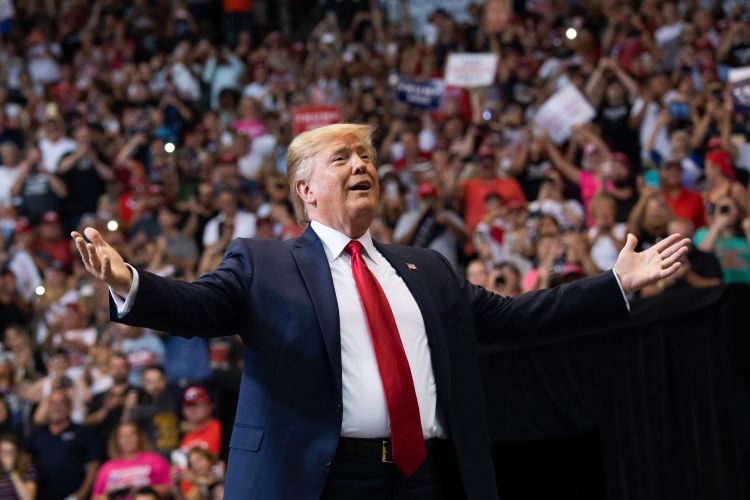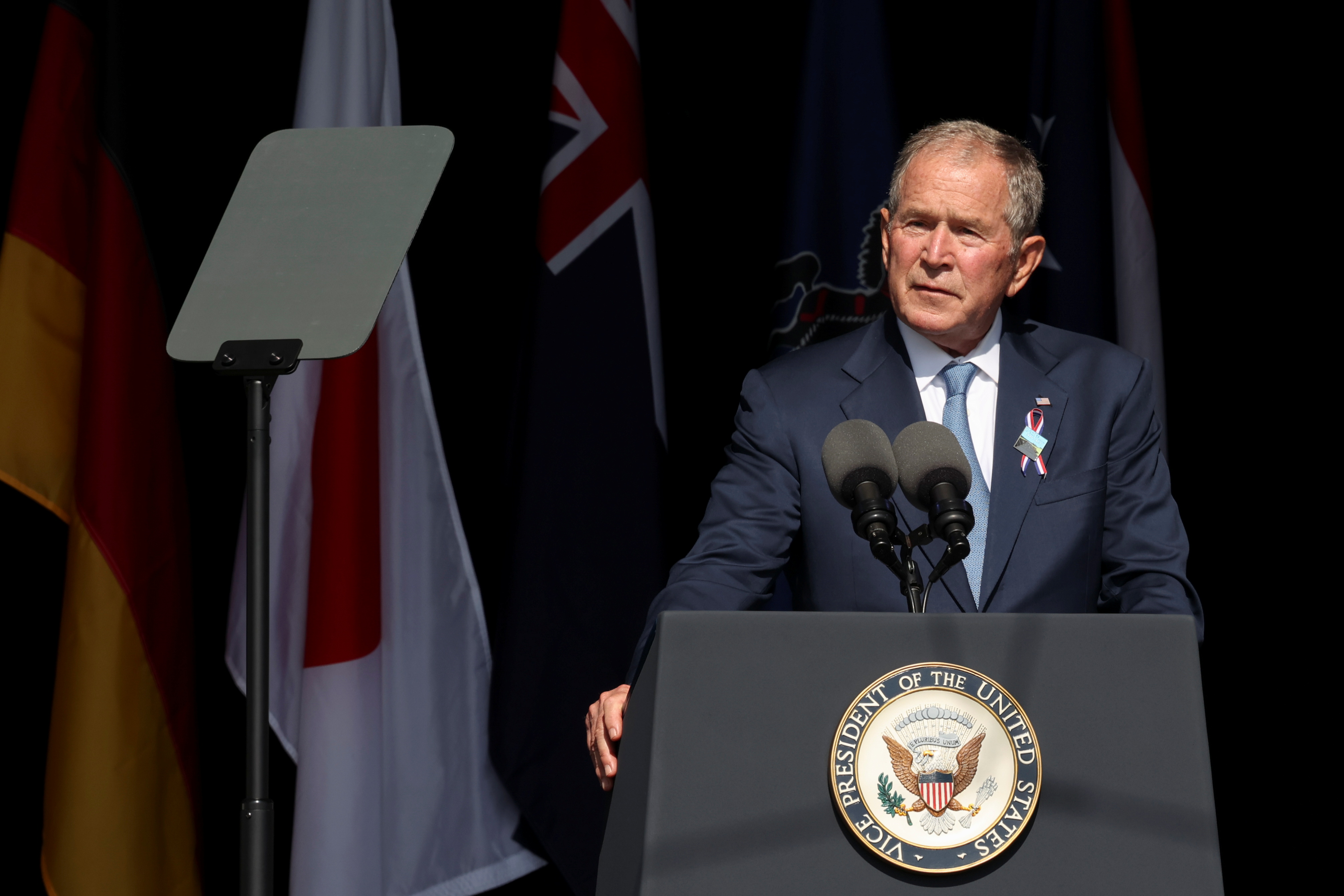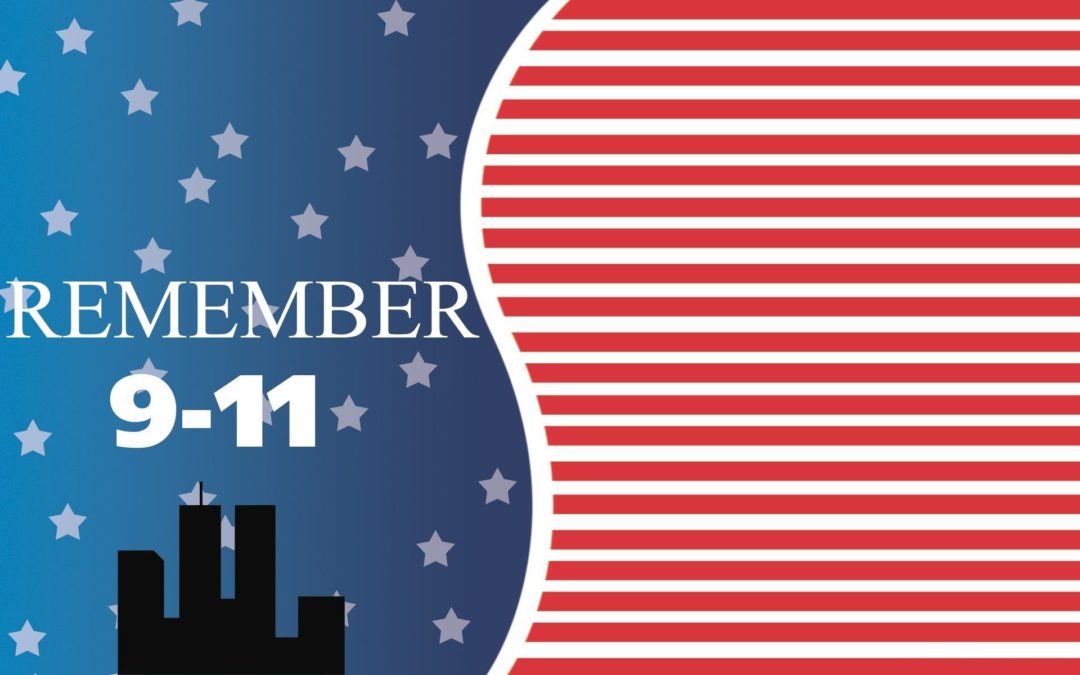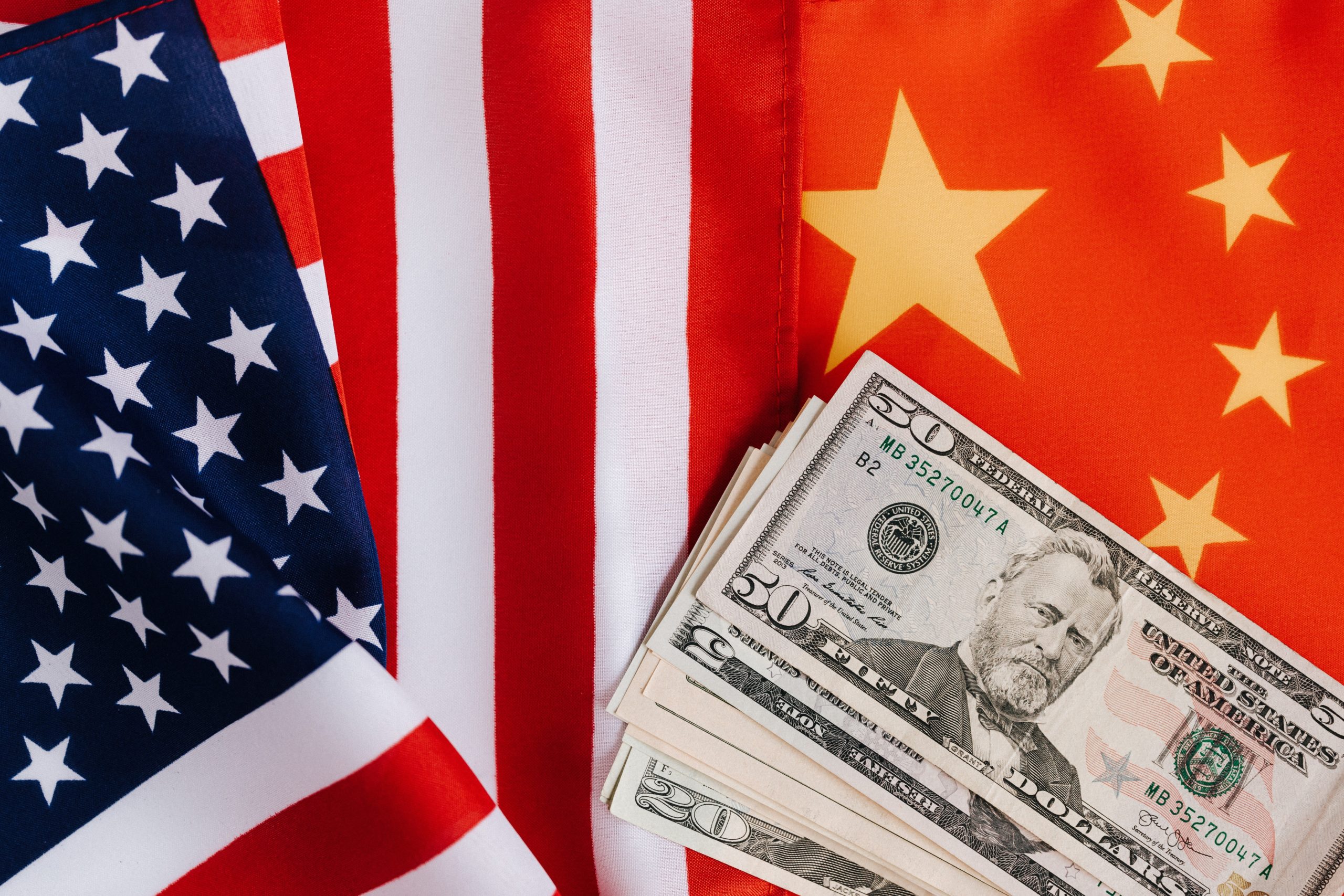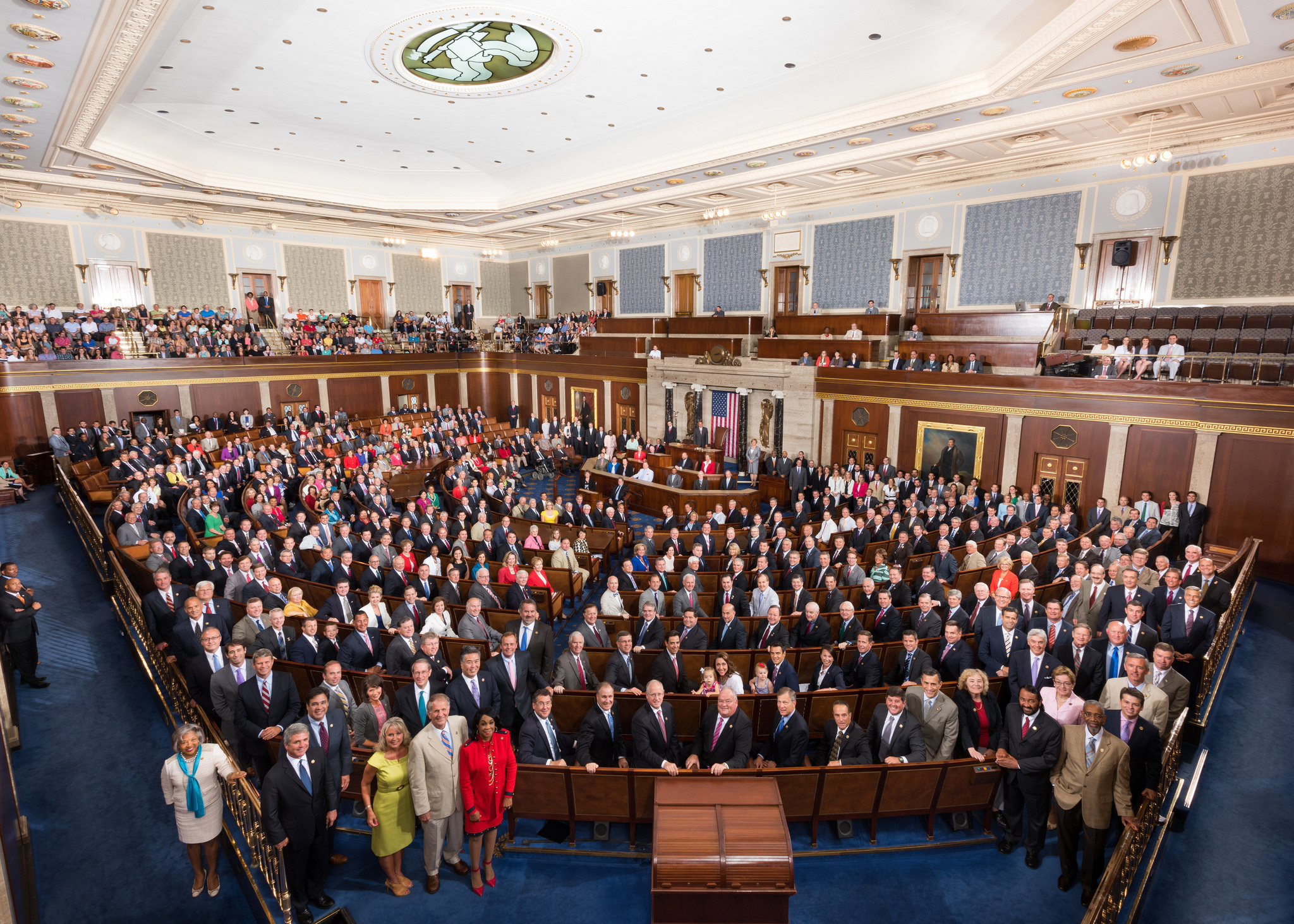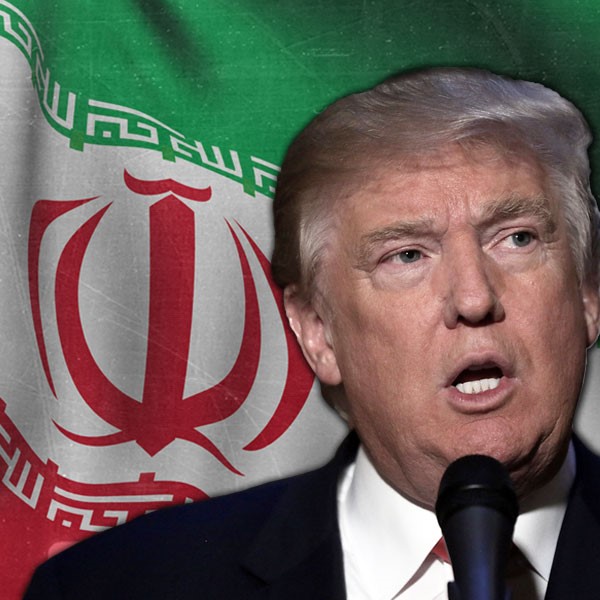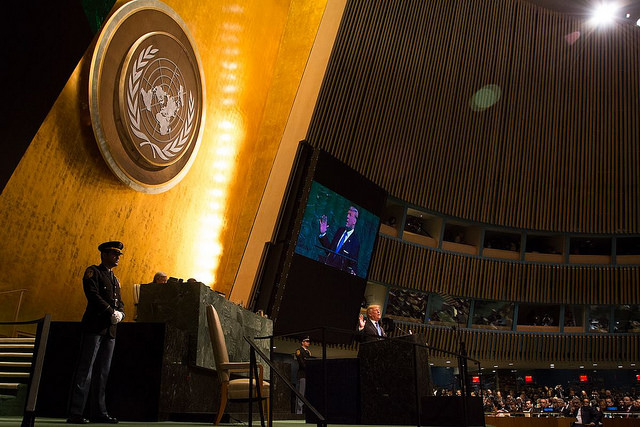If Donald Trump was President of the United States when Russia invaded Ukraine in February 2022, instead of Joe Biden, Trump’s personality would have led to a very different U.S. response. Trump would not have swiftly and strongly condemned Russia or clearly sided with Ukraine in the initial stages of the invasion, and he would not have brought together a multilateral front against Russia – as Biden did.
